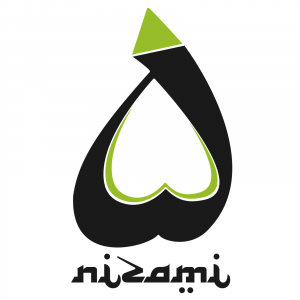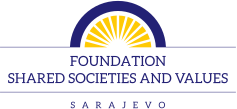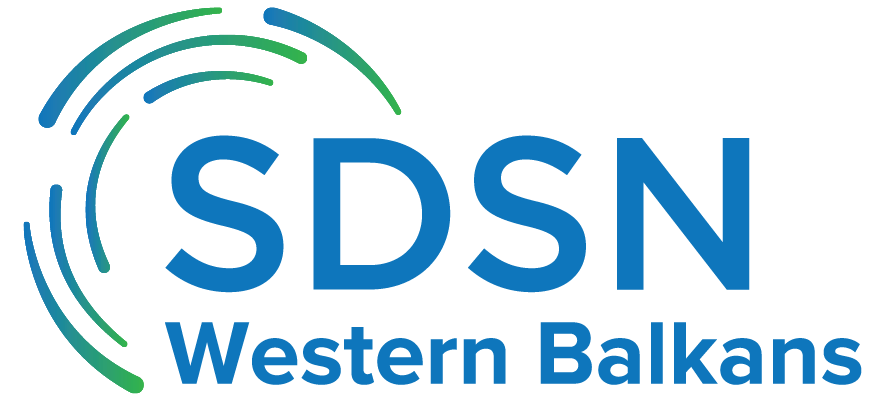Nizami Ganjavi International Center is a cultural, non-profit, non-political organization dedicated to the memory of great Azerbaijani poet, Nizami Ganjavi and to the study and dissemination of his works with a mission to build a dialogue and understanding between cultures and peoples for building functional and inclusive societies. Centre’s main mission is to promote Learning, Tolerance, Dialogue and Understanding in a world that in many ways today is truly without barriers and with unprecedented access to knowledge and quick information, yet beset with never more problems in recent history rendering the four basic pillars of Nizami Ganjavi International Center imperative.
Foundation “Shared societies and values”, Sarajevo is non-profit organization established in 2014 in Sarajevo, Bosnia and Herzegovina. The main goal of the Foundation is to promote a concept of shared societies and creation of shared values not only in Bosnia and Herzegovina and across the Balkans region but globally as well. Throughout its history, Bosnia and Herzegovina was a source of mutual enrichment, understanding among all individuals, as well as an example of mutual respect regarding religious and cultural differences and similarities. For centuries we have lived as one society with our different identities. When democracy entered in Bosnia and Herzegovina many different walls were built in the country and in the region as well.
In coordination with Jeffery Sachs, almost three years ago, Foundation Shared Societies and Values initiated the creation of Sustainable Development Solutions Network of the Western Balkans named „SDSN Western Balkans Network“. Unfortunately, the pandemic interrupted the Network’s activities for a short period of time, but after the extensive screening process, the initiative for establishing the Network was confirmed by the SDSN leaders, which means that SDSN Western Balkans Network was also accepted by the SDSN Global Secretariat. Presiding over the Network was granted to Foundation Shared Societies and Values, The Economic Institute and School of Business and Economics, University of Sarajevo.
SDSN Western Balkan Network mobilizes the academic community to implement the newest expertise in sustainable development, putting focus on the following:
- Providing and mobilizing SDG support, including the support to governments in understanding and solving the challenges within sustainable development.
- Promoting practical initiatives and long-term ways for sustainable development.
- Promoting high-quality education and research cooperation in regard to sustainable development.
The aim od SDSN Western Balkans Network is the mobilization of education and research institutions, civil society institutions and businesses for the purposes of covering the Agenda 2030 and beyond. The plan is to do this through endeavours in public and private communities, and creation of institutional awareness and the feeling of urgency and engagement; through teaching the region about the analysis, approach and enhancement of education in regard to the sustainable development goals and green economy; through forming a dialogue and presenting a platform for the exchange of ideas and experiences for instigating system solutions and action mobilization; through advising decision makers in politics, business and society as a whole; through initiating and strengthening countries in the Western Balkans and further; and through the coordination and support by SDSN Greece and SDSN Europe.
The actions by SDSN of the World Bank, and political analysis and recommendations will be „filtrated“ through six key transformations for SDG: (1) education, inclusion, jobs, growth; (2) health and well-being; (3) clean energy and industry; (4) sustainable food, land, water and oceans; (5) sustainable cities and communities; and (6) digital technologies and e-management.
Bosnia and Herzegovina should not only be the center of SDSN of the Western Balkans, but also an example of success and leadership in the area of completing the Agenda 2030 with a focus on sustainable development and transition towards green economy.



